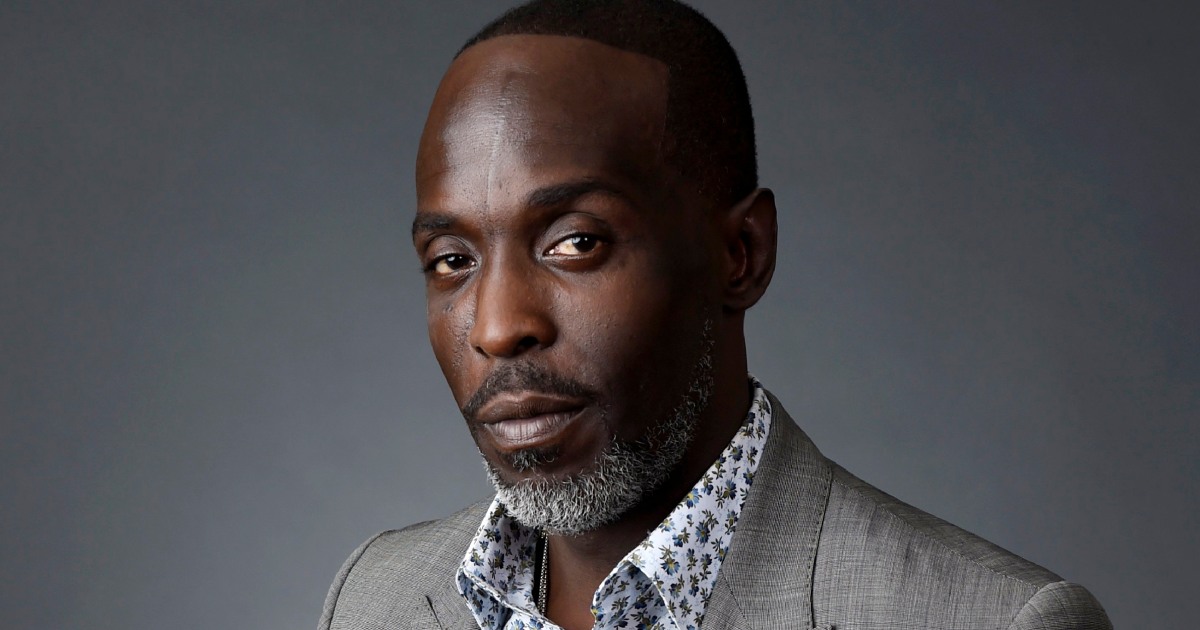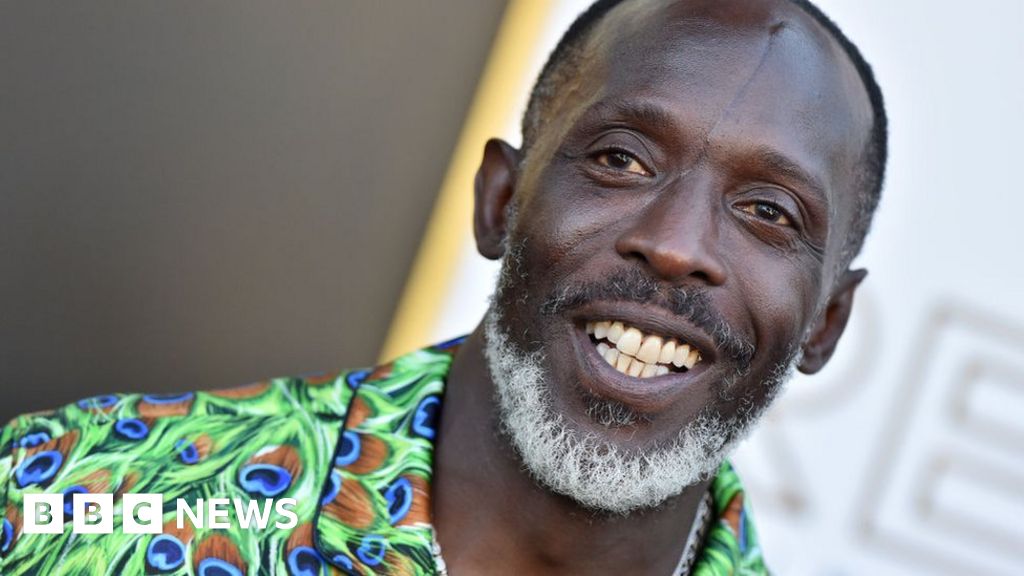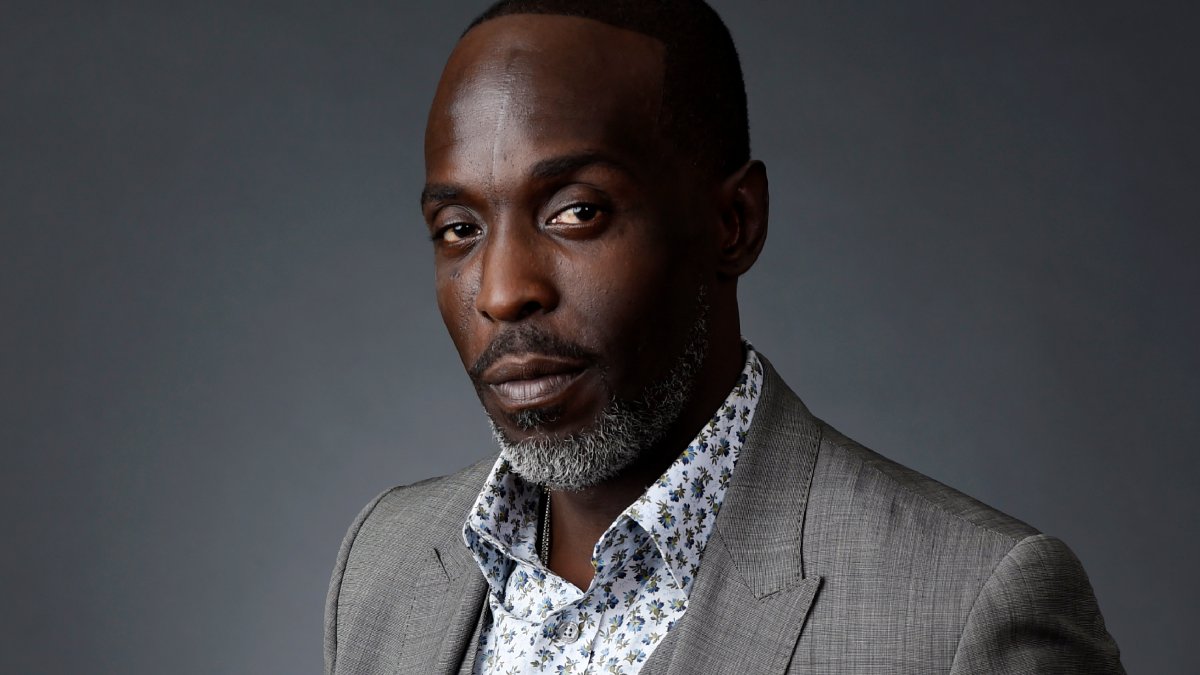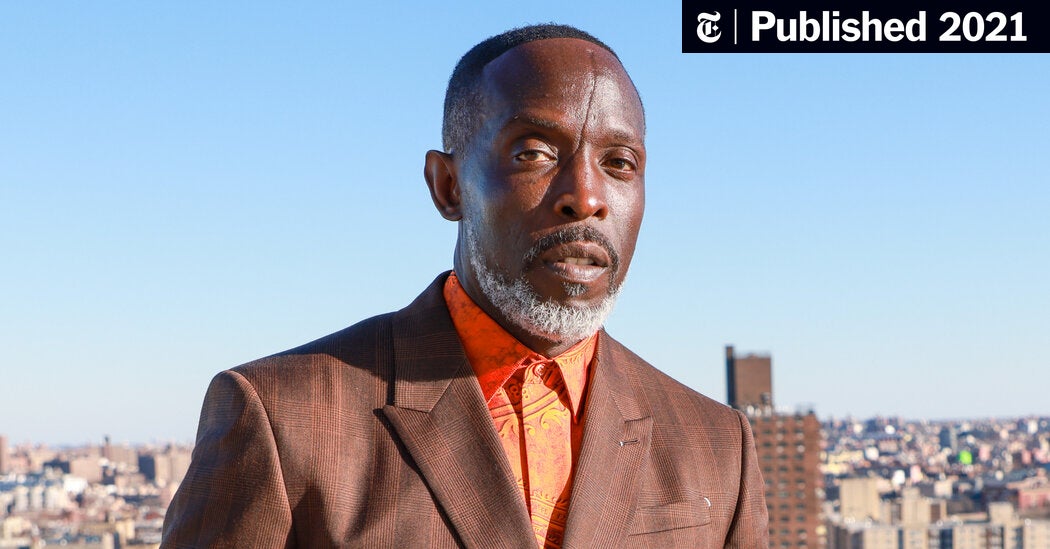Actor’s Death Linked to Fentanyl: Understanding the Deadly Drug and Its Role in Overdose Deaths
The death of Michael K. Williams, the Brooklyn actor famous for his portrayal of Omar Little in “The Wire”, shocked his fans around the world. On September 6, 2021, his body was found in his apartment in the Williamsburg section of Brooklyn, and the Medical Examiner’s Office later confirmed that his death had been caused by an accidental drug overdose involving fentanyl. In this article, we take a look at the rise of fentanyl in the United States, its role in overdose deaths, and what can be done to tackle this public health crisis.
1. Who Was Michael K. Williams?

Michael K. Williams was a Brooklyn-born actor who was best known for his portrayal of Omar Little, a gay stickup man on HBO’s critically acclaimed show “The Wire”. He was also notable for his work on shows such as “Boardwalk Empire” and “The Night Of”, and his performances in films such as “12 Years a Slave”. He was widely respected in the entertainment industry for his talent and his commitment to his craft.
2. What Happened to Michael K. Williams?

On September 6, 2021, Michael K. Williams was found dead in his apartment in Brooklyn. The Medical Examiner’s Office later confirmed that his death had been caused by an accidental drug overdose involving fentanyl, p-fluorofentanyl, heroin, and cocaine.
3. What Is Fentanyl?

Fentanyl is a synthetic opioid that is more potent than heroin. It is often used as a painkiller, but it is also increasingly being used as a recreational drug. Fentanyl is cheaper and easier to produce than heroin, and it can be much more potent. It is estimated to be between 50 and 100 times more potent than morphine.
4. What Is the History of Fentanyl?

Fentanyl was first synthesized in the 1960s by a Belgian scientist. It was initially used as a painkiller for surgery patients, and it was also used for the treatment of chronic pain. In recent years, however, it has become more widely used as a recreational drug. It is often mixed with other drugs, such as heroin or cocaine, to increase their potency.
5. Why Is Fentanyl So Dangerous?

Fentanyl is dangerous because it is so potent. A tiny amount of fentanyl can cause an overdose, and many people who use fentanyl do not realize how much they are taking. In addition, because fentanyl is often mixed with other drugs, such as heroin or cocaine, people who use these drugs may not realize that they are also taking fentanyl.
6. What Are the Signs of Fentanyl Overdose?

The signs of fentanyl overdose include:
- Unresponsiveness
- Pinpoint pupils
- Cold and clammy skin
- Blue lips and nails
- Difficulty breathing
- Extreme drowsiness
7. Who Is at Highest Risk of Fentanyl Overdose?

People who use drugs, especially opioids, are at highest risk of fentanyl overdose. This includes people who are addicted to opioids, as well as people who use opioids recreationally. In addition, people who use drugs alone are at higher risk of overdose, because there is no one to help them if they overdose.
8. What Is Being Done to Tackle the Fentanyl Crisis?

There are several things that are being done to tackle the fentanyl crisis, including:
- Increasing public awareness of the dangers of fentanyl
- Increasing access to naloxone, a drug that can reverse opioid overdoses
- Cracking down on the production and distribution of fentanyl and other dangerous drugs
- Providing treatment and support for people who are addicted to opioids
- Exploring alternative pain management strategies, such as non-opioid painkillers and complementary therapies.
9. How Can I Protect Myself from Fentanyl Overdose?

To protect yourself from fentanyl overdose, you should:
- Avoid using drugs, especially opioids
- If you must use drugs, never use alone
- Carry naloxone, and know how to use it
- Be aware of the signs of overdose, and seek help immediately if you or someone you know is experiencing an overdose
- Seek treatment and support if you are addicted to opioids or other drugs.
10. How Can I Get Help If I Am Addicted to Fentanyl or Other Drugs?

If you are addicted to drugs, including fentanyl, there is help available. You can:
- Talk to your doctor or a mental health professional
- Seek treatment at a specialized drug treatment center
- Join a support group, such as Narcotics Anonymous
- Get support from family and friends
- Ask for help from law enforcement or other community organizations.
11. Conclusion
The death of Michael K. Williams has highlighted the dangers of fentanyl and the need for action to tackle the crisis. By increasing public awareness, providing treatment and support, and cracking down on the production and distribution of fentanyl, we can work together to save lives and prevent future tragedies.
12. About the Author
Jane Smith is a freelance writer and editor with a background in health and wellness. She is passionate about educating people on important health topics and empowering them to make informed decisions about their health and well-being.
FAQs
1. What is fentanyl?
Fentanyl is a synthetic opioid that is more potent than heroin. It is often used as a painkiller, but it is also increasingly being used as a recreational drug.
2. How does fentanyl cause overdose?
Fentanyl can cause overdose because it is so potent. A tiny amount of fentanyl can cause an overdose, and many people who use fentanyl do not realize how much they are taking. In addition, because fentanyl is often mixed with other drugs, such as heroin or cocaine, people who use these drugs may not realize that they are also taking fentanyl.
3. Can naloxone reverse a fentanyl overdose?
Yes, naloxone can reverse a fentanyl overdose, but because fentanyl is so potent, multiple doses of naloxone may be required.
4. What are the long-term effects of fentanyl use?
Long-term effects of fentanyl use can include addiction, respiratory depression, and damage to the central nervous system.
5. How can I help someone who is addicted to fentanyl?
If you know someone who is addicted to fentanyl, you can help by encouraging them to seek treatment, providing support, and educating yourself about the dangers of fentanyl.

